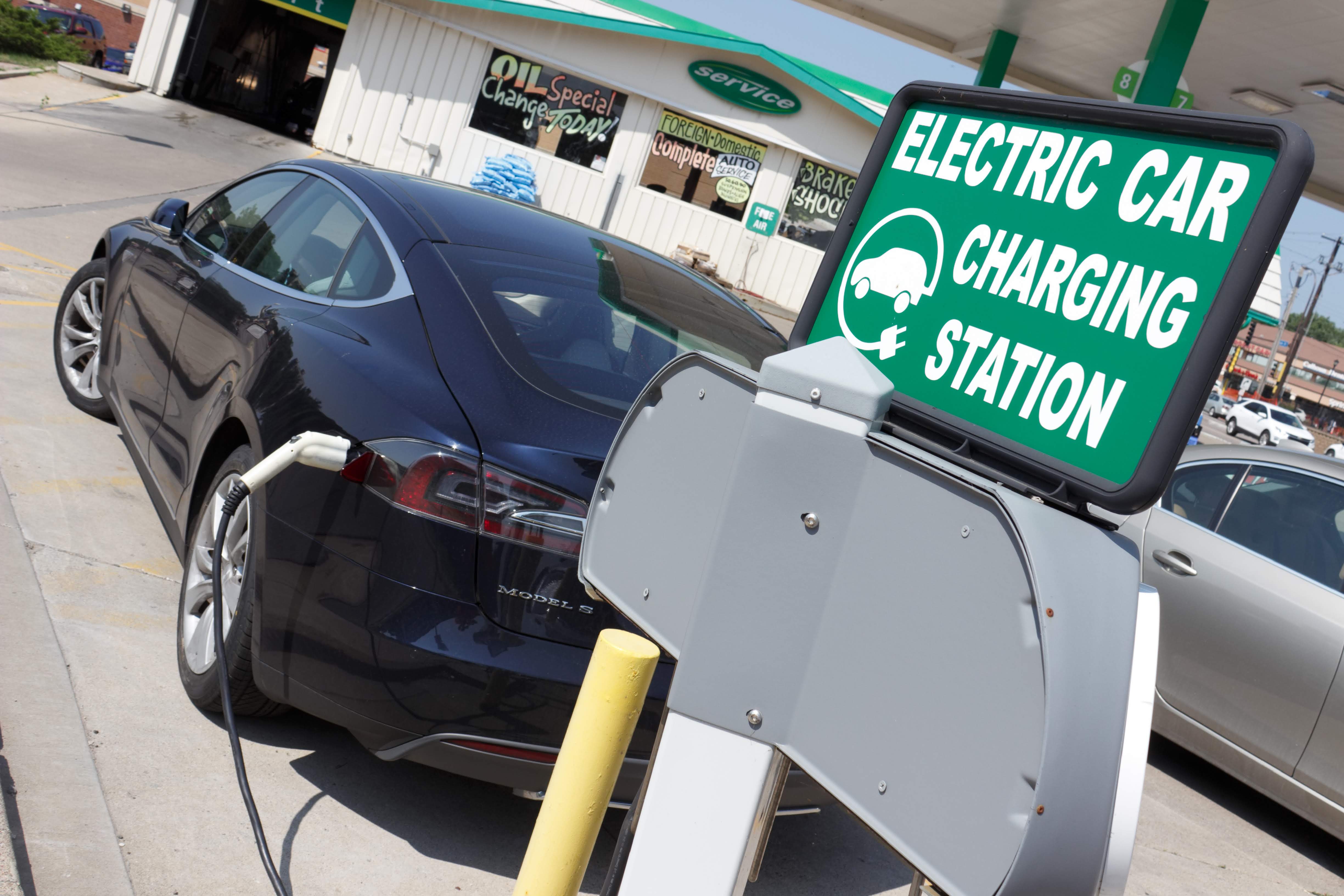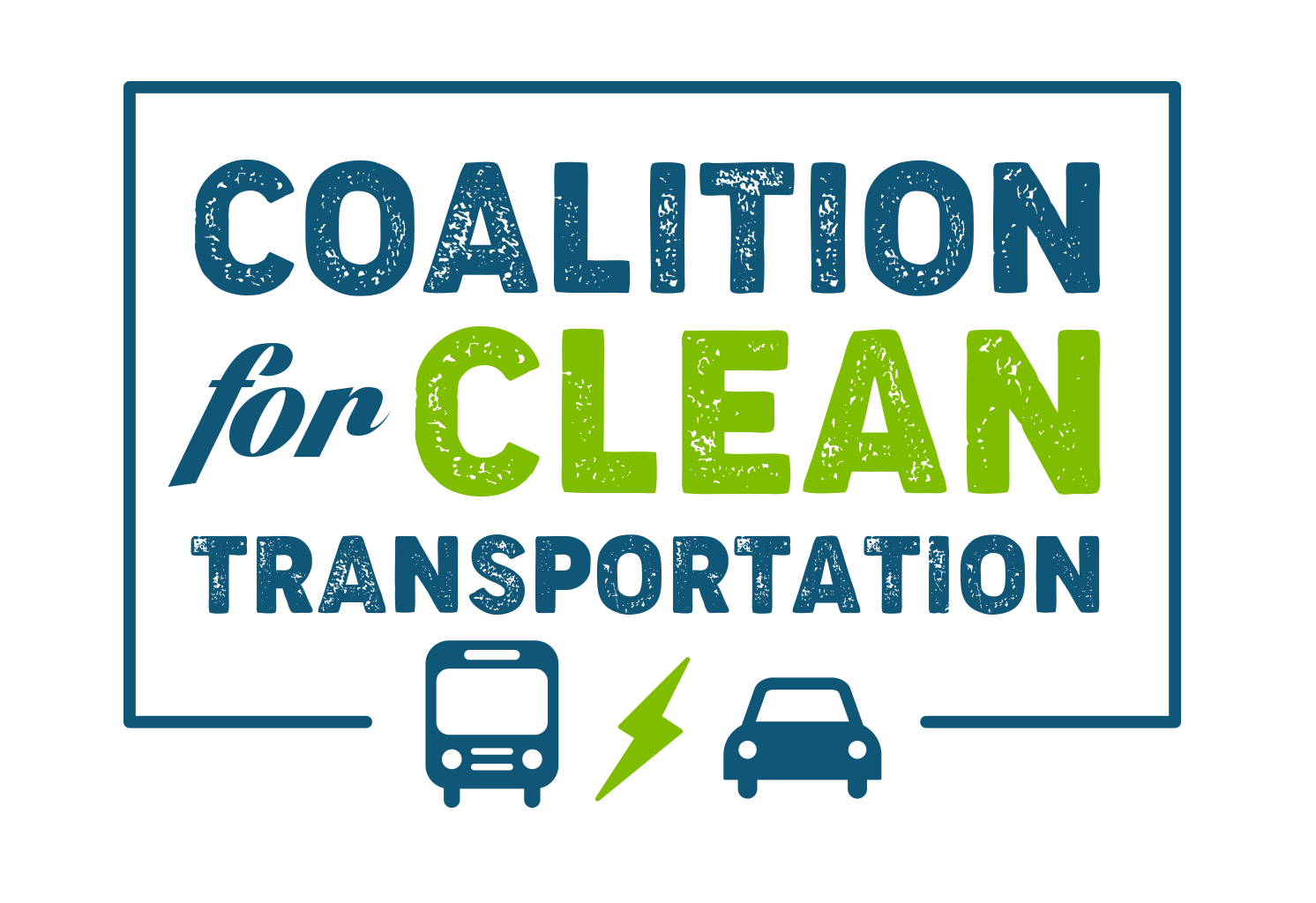
By Nicholas Nelson
It’s no surprise air pollution is a major threat to our health and the environment, and our vehicles are a major contributor to this problem. In fact, more than 80% of people living in urban areas are exposed to air quality levels that exceed WHO guideline limits. Clean transportation is a solution, but first we must understand more about the problem.
Air pollution in the Twin Cities contributes to about 2,000 premature deaths every year, and sends 1,000 people to the hospital for asthma, lung and heart disease treatments. The situation is particularly serious for the elderly, people of color, and those living in poverty because they are more likely to be exposed to higher concentrations of air pollution.
Vehicle pollutants are also greenhouse gases, the primary contributor to climate change. And in Minnesota, transportation is now the leading cause of climate change pollution. Since most of Minnesota’s oil is imported from Canadian tar sands, our gasoline is about 10% dirtier than the national average.
Zero Emission Buses and Vehicles (ZEBs and ZEVs)
One option to reducing our reliance on dirty foreign oil is plug-in electric vehicles. EVs have zero tailpipe emissions and produce just one third of total greenhouse emissions of the average car. Public transit greatly reduces our carbon footprint while reducing traffic congestion. But we can do even better - by advocating for Zero Emission buses. Most of Metro Transit’s buses run on dirty diesel fuel, though the state’s largest transit agency is making some improvements: 15 percent of its fleet is hybrid electric with at least a 25 percent improved fuel economy. Even better, six new, completely electric buses will be in service on the C Line, which will begin running between downtown Minneapolis and Brooklyn Center in 2019.
While clean electric buses are more expensive upfront, total cost of ownership (TCO) is much less than dirty diesel buses, thanks to significant savings in fuel costs and reduced maintenance. ZEBs not only reduce pollution, they make our transit system less vulnerable to drastic increases in fuel prices and will save Metro Transit money over the long term.
It is not necessary to have nearly a thousand diesel buses constantly driving through our neighborhoods. If we continue to make positive changes to our transit system our communities will be cleaner and healthier for future generations. I encourage Metro Transit and the Metropolitan Council to continue investing in clean electric buses, and I hope you will too!
Although they do nothing to reduce traffic congestion, electric cars, or zero emission vehicles (ZEVs), are also a great pollution solution. Sierra Club’s EV Guide is an excellent source for finding the right car for you, and used electric cars can be a real bargain! Because Minnesota is a top 10 clean-energy state, we are one of the best places in the country to drive an EV.
Clean Transportation Options for All
Despite all the benefits, there are many challenges for the widespread use of electric vehicles. Currently their batteries rely on the use of valuable natural resources such as cobalt, lithium, and graphite, which are mined in sensitive areas of China, Chile, and Democratic Republic of Congo. Public charging station infrastructure must grow with demand, and we must improve the power grid to fully adopt EVs. And there is a serious equity concern with EVs and their accessibility to low-wealth families. The transition must be just for all. Because of these concerns and more, Sierra Club’s Land Use and Transportation Campaign has long advocated for a host of clean transportation options for everyone, including safe and accessible transit, walking, and bicycling connections.
To learn more about the Chapter’s new work in the Coalition for Clean Transportation and our Clean Transportation for All campaign, contact joshua.houdek@sierraclub.org or 612-259-2447.
